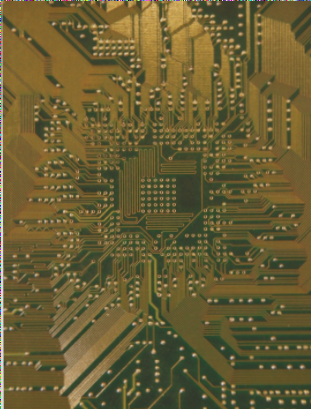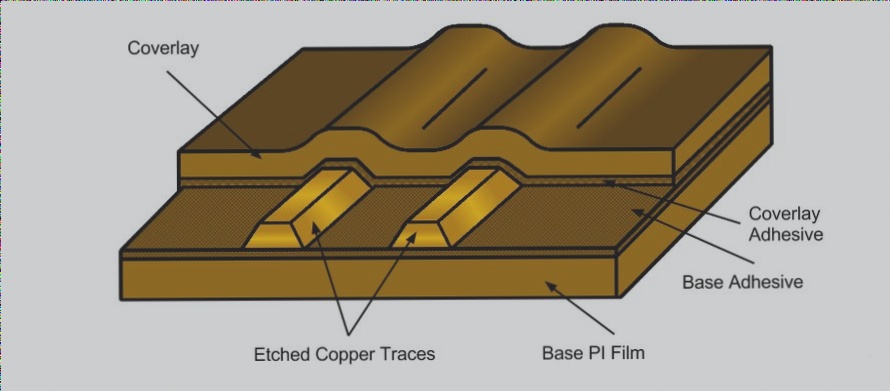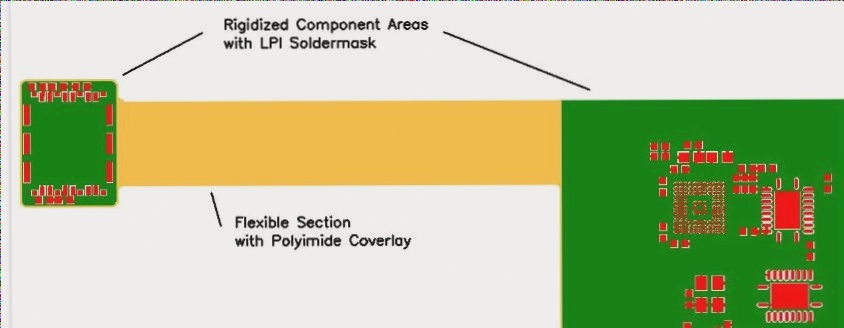Processing techniques for PCB pads and utilization of FPC materials
FPC, or flexible printed circuit, utilizes a flexible substrate like polyimide or polyester, allowing it to bend or fold for diverse applications, often protected by a cover layer. Connections to PCBs employ methods such as ENIG, tin-lead, SEG, OSP, and HASL, balancing technical advantages with environmental considerations.
Processing techniques for PCB pads and utilization of FPC materials Read More »







